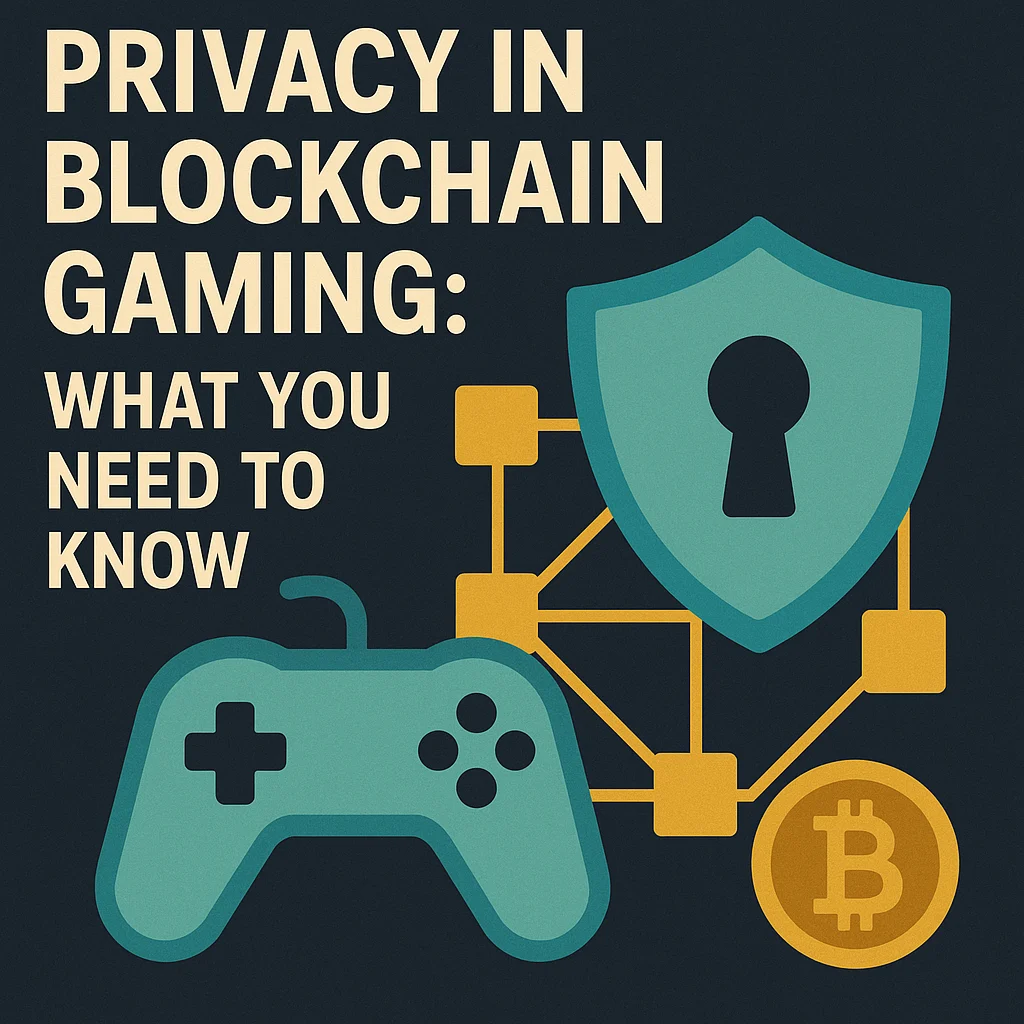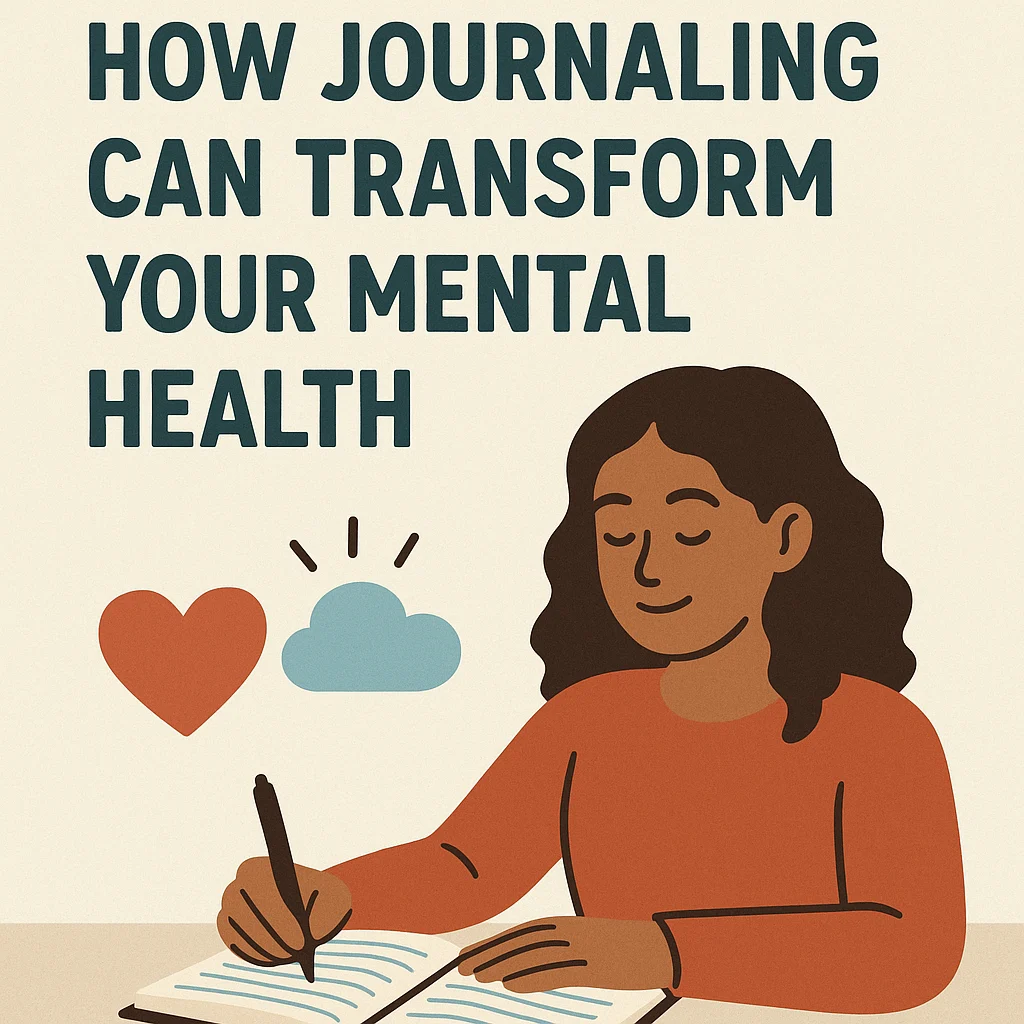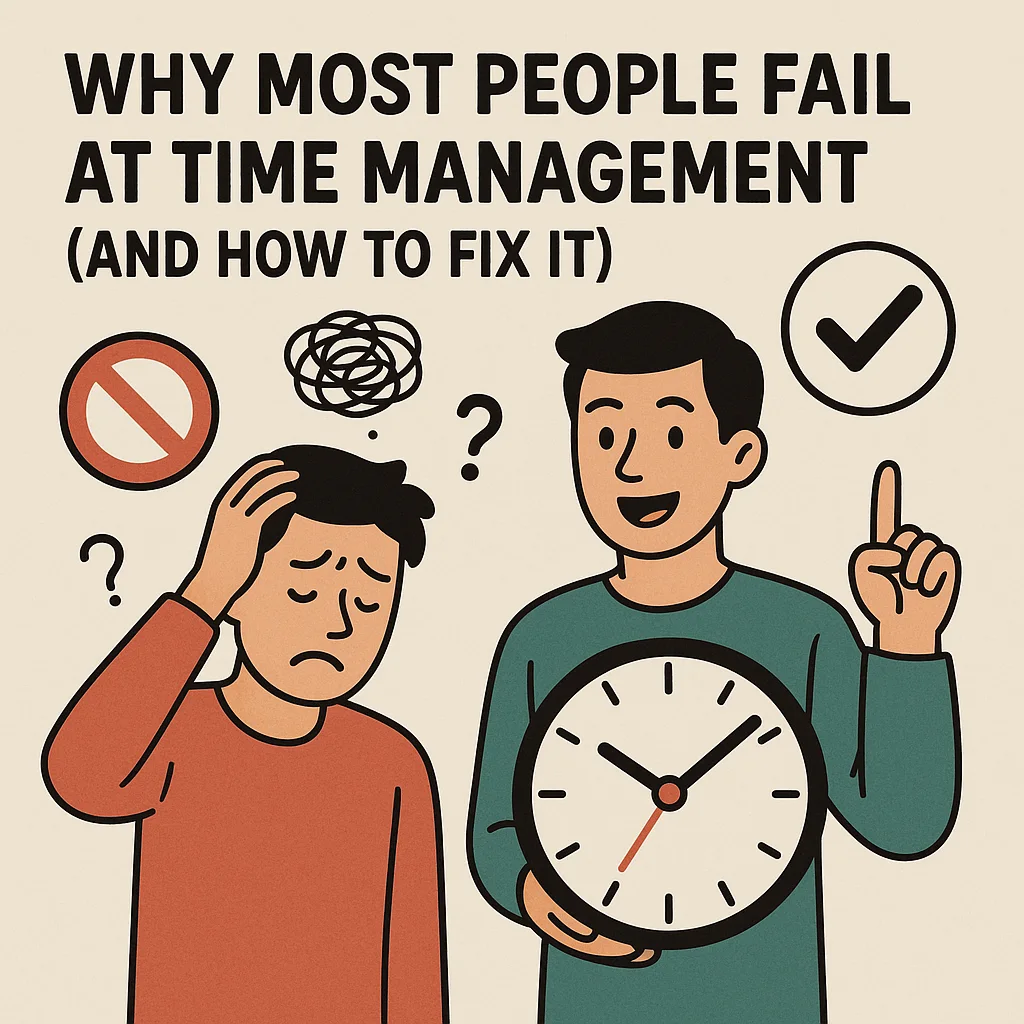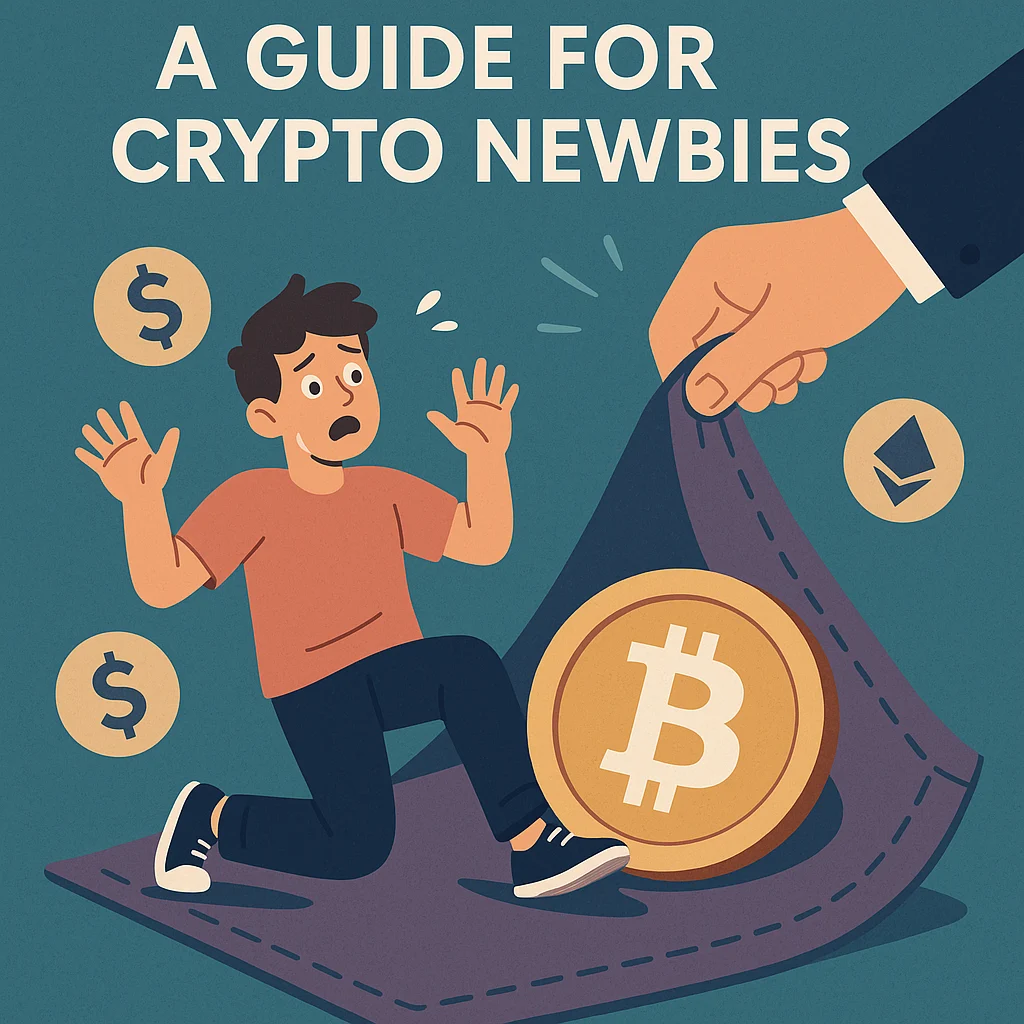By fusing the excitement of interactive gaming with the strength of decentralized technology, blockchain gaming is revolutionizing the digital entertainment sector. Now, players can engage in game economies that are not dominated by a single corporation, trade tokens, and actually own in-game assets. But these advantages also bring with them a fresh set of difficulties, including privacy issues specific to blockchain gaming.
Blockchain games function on public ledgers, which means that transactions, asset transfers, and occasionally wallet addresses are visible to anybody, in contrast to traditional games where user data is primarily kept in centralized databases. This poses serious risks for users who are concerned about their privacy.
In this blog, we'll explore the intersection of privacy and blockchain gaming, the challenges it poses, the risks players face, and the best practices and tools available to help gamers protect their identity and personal data.
Understanding Blockchain Gaming
The foundation of blockchain gaming is ownership, transparency, and decentralization. Blockchain networks like Ethereum, Solana, or Immutable are frequently used by games in this market to store game assets like:
-
NFTs (Non-Fungible Tokens): Skins, weapons, characters, land
-
Tokens: In-game currencies or governance tokens
-
Player actions: Certain on-chain moves like transactions or battles
These components are usually kept on public blockchains, which makes them transparent and unchangeable but also permanently accessible to anybody.
Why Privacy Matters in Blockchain Gaming
1. Your Wallet Is Your Identity
Instead of using a standard gamer tag or email address, each user in blockchain gaming communicates using their wallet address. Your assets and activities are linked to this wallet. In contrast to conventional platforms that conceal backend information from users, blockchain makes clear:
-
All past transactions
-
Holdings and NFTs
-
The amount you've spent or earned
-
Interaction with DeFi protocols or other games
This means anyone can view your activity history and estimate your wealth, giving rise to targeted scams, phishing attempts, and social engineering.
2. On-Chain = Public Forever
Blockchain is permanent and open, in contrast to centralized systems that have the ability to remove or anonymize data. All of your gaming activity, including your spending patterns, NFT trades, and losses on play-to-earn platforms, is permanently public once your wallet is connected to your identity.
3. Increased Risks for High-Value Players
Players holding rare NFTs or high-value tokens are more likely to be targeted by:
-
Phishing emails or DMs
-
Fake airdrops and smart contract scams
-
Social doxxing (especially if their wallet is tied to their online persona)
Key Privacy Risks in Blockchain Gaming
Let’s break down the specific risks to privacy in blockchain-based games:
🔍 1. Address Reuse
For many games, DeFi protocols, and even NFT marketplaces like OpenSea, the majority of players utilize the same wallet. This makes it simpler to track and deanonymize them by establishing a clear trail across platforms.
🧬 2. Data Correlation and Analytics Tools
Comprehensive wallet activity analytics are provided by services such as Nansen and Etherscan. These tools enable inquisitive users (or malevolent actors) to link wallet information to Discord IDs, Twitter handles, or ENS names.
📡 3. Lack of Anonymity in Social Gaming
Guilds, DAOs, and multiplayer components are common in blockchain games. Anyone can examine all of your token holdings and gaming history when your wallet address is used as your identity.
🧠 4. Behavioral Fingerprinting
Based on wallet interactions, some businesses and analytics firms profile player behavior using AI. Even pseudonymous wallets may eventually exhibit patterns that connect them to actual identities.
How to Improve Privacy in Blockchain Gaming
Despite the risks, players can take concrete steps to protect their identity and enjoy blockchain games more securely.
🔐 1. Use Fresh Wallets for Each Game
For each game you play, make a new wallet address. This helps to compartmentalize risk and prevents the development of an extensive public profile.
Tools:
-
MetaMask (easy to manage multiple accounts)
-
Rabby Wallet (multi-chain support)
-
Burner wallets (used for temporary, low-risk interactions)
👻 2. Avoid Connecting Wallets to Real-World IDs
Don't use wallets connected to:
-
Exchanges (e.g., Binance, Coinbase)
-
ENS domains with your name
-
Public Twitter/Discord accounts
This breaks the trail between your real identity and your on-chain persona.
📧 3. Use Temporary Emails for Signup and Community Access
Email signup is frequently required for blockchain games in order to receive news, rewards, or support. Use temporary email services rather than your actual email address.
Tools:
This prevents unwanted marketing, phishing attempts, and linking your online identity to your wallet.
🧹 4. Scrub Metadata from Screenshots and Submissions
Make sure to delete any metadata (such as device information, location, or timestamps) before sharing gameplay videos or NFT collections online.
Tools:
-
ExifTool (for removing image metadata)
-
Share via privacy-focused platforms (like Signal or Tor)
🌐 5. Use Privacy Browsers and VPNs
Some games use browser-based sign-ins. Be sure to:
-
Use Brave or Firefox with strict privacy settings
-
Use a VPN (like Mullvad or ProtonVPN) to mask your IP address
Avoid using Google or Facebook sign-ins where possible.
🧱 6. Interact Through Privacy Layers or Chains
Some blockchains are built with privacy in mind:
-
Secret Network: Allows private smart contracts
-
Aztec (Ethereum layer-2): Offers zero-knowledge privacy features
-
Zcash or Monero: While not gaming-specific, show how privacy coins can inspire gaming architecture
Newer games are beginning to integrate such chains to offer privacy-preserving gameplay.
🕵️ 7. Participate with Pseudonymous Identities
Make sure your gaming persona is consistent and unrelated to your email address or real name. To prevent cross-referencing, use distinct usernames on social media, Telegram, and Discord.
Emerging Privacy-Focused Blockchain Games
As awareness around these issues grows, some developers are creating games with privacy by design.
Examples:
-
Dark Forest: A zk-SNARK-based game where moves are private and zero-knowledge.
-
Top Secret Games: An upcoming platform focused on private gameplay, using zk-rollups and selective transparency.
Expect more games to adopt privacy-focused protocols as players begin demanding it.
The Role of Regulation
Although privacy is important to gamers, authorities are starting to view blockchain games through the prism of data protection laws such as:
-
GDPR (EU): Gives users the right to delete or access their data, which conflicts with blockchain immutability.
-
CCPA (California): Requires transparency on what data is collected and shared.
In order to adhere to these regulations while maintaining decentralization, blockchain developers must start to innovate in the areas of selective disclosure, off-chain storage, and zk-proofs.
Future Trends in Blockchain Gaming Privacy
1. Zero-Knowledge Proof Integration
More games will integrate zk-tech to allow players to prove ownership or progress without revealing sensitive data.
2. Multi-Wallet Identity Models
Players might use a set of rotating wallets that are linked only by encrypted signatures or biometrics (stored locally).
3. Privacy Layer Add-Ons
Protocols like Umbra or Railgun will be adopted by games to enable private asset transfers and interactions.
Final Thoughts
A revolutionary change in how we interact with virtual worlds is provided by blockchain gaming. But it also brings with it new risks pertaining to identity exposure, wallet transparency, and data permanence. As the area develops, privacy needs to be considered a fundamental element rather than an afterthought.
Gamers must learn how to control their on-chain identity, use temporary tools like MyTemp-Mail and 10minutesmails, and demand better privacy protections from developers.
In the world of blockchain, what you do is recorded forever. Make sure you’re in control of what the world sees.



